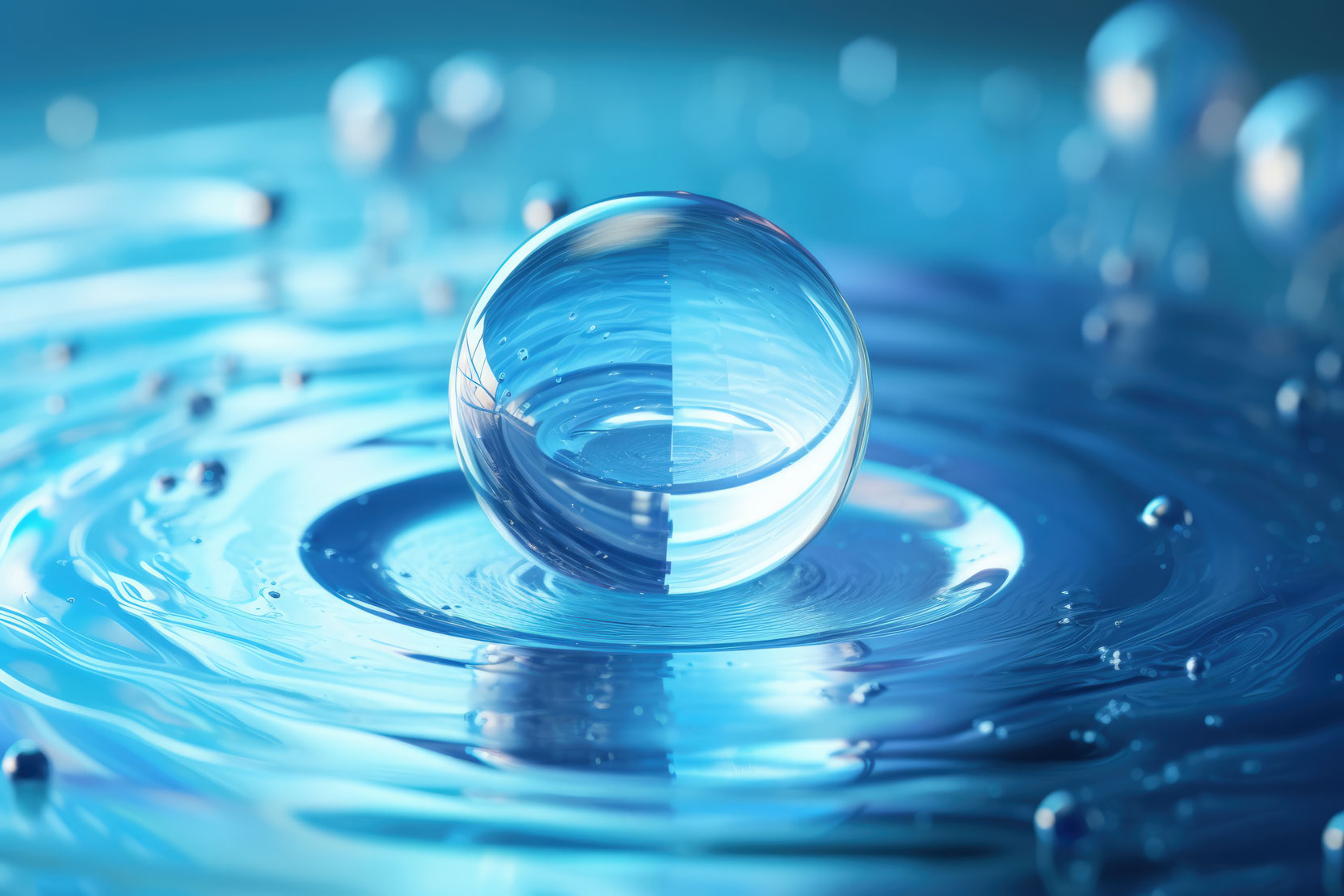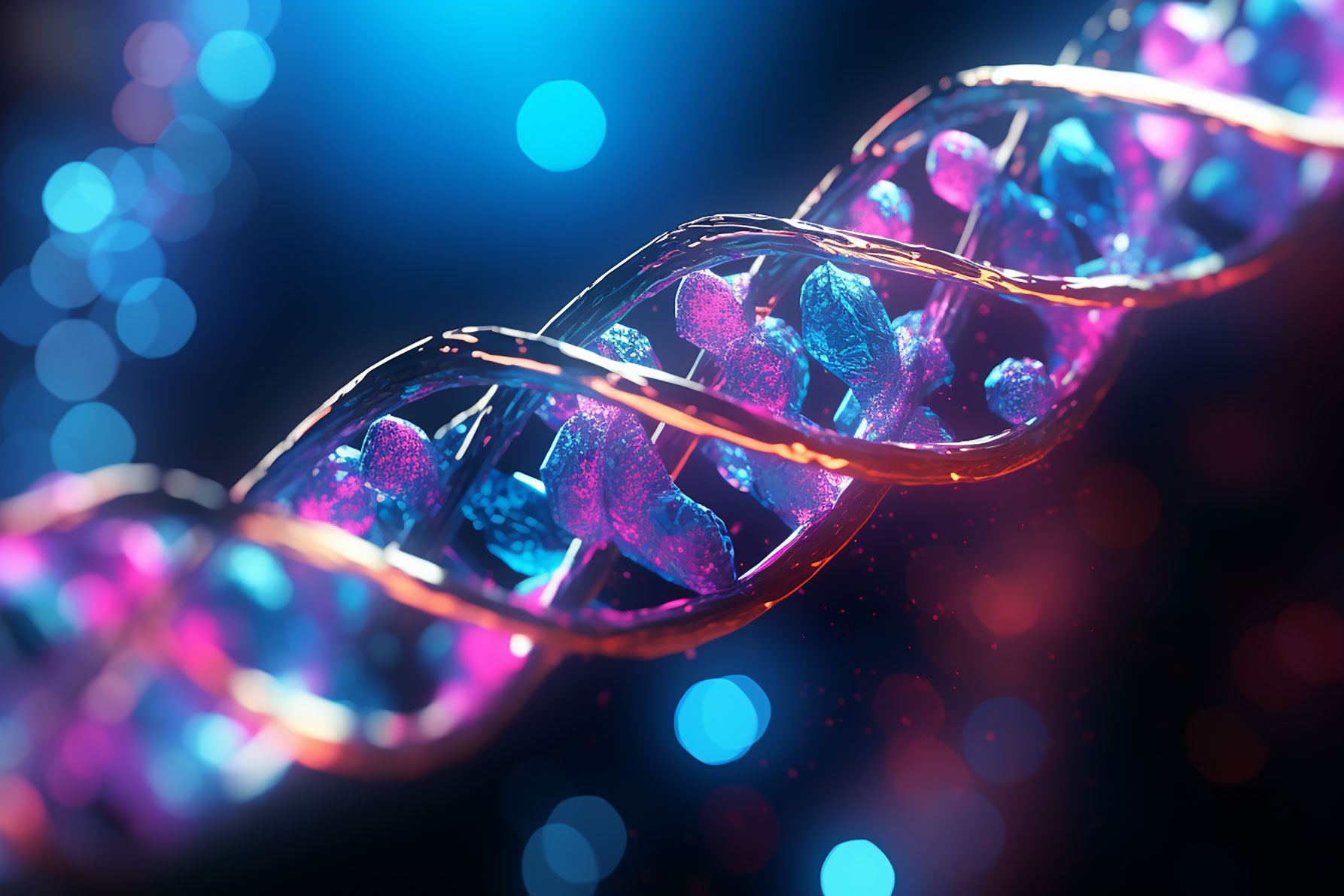Hydrogen Water
Hydrogen water, also known as hydrogen-rich water or hydrogen-infused water, has gained attention for its potential health benefits. The primary scientific concept behind these benefits is related to the antioxidant properties of molecular hydrogen (H2).
Here’s a breakdown of the science behind the benefits of hydrogen water:
Antioxidant Properties: Molecular hydrogen (H2) acts as a selective antioxidant, meaning it scavenges harmful reactive oxygen species (ROS) and reactive nitrogen species (RNS) in the body without affecting beneficial signaling molecules like hydrogen peroxide or nitric oxide. This antioxidant activity helps reduce oxidative stress, which is implicated in various diseases and aging processes.
Anti-inflammatory Effects: Oxidative stress and inflammation are closely linked processes, and reducing oxidative stress can also lead to decreased inflammation. Hydrogen water has been shown in some studies to have anti-inflammatory effects, which may contribute to its potential health benefits.

Cell Signaling Modulation: Molecular hydrogen may modulate various cell signaling pathways, including those involved in cell survival, inflammation, and metabolism. By influencing these pathways, hydrogen water could potentially have protective effects against various diseases and promote overall health and wellness.
Improvement in Exercise Performance and Recovery: Some studies suggest that hydrogen water may improve exercise performance and enhance recovery by reducing oxidative stress and inflammation associated with intense physical activity.
Neuroprotective Effects: Hydrogen water has shown promise in preclinical studies as a neuroprotective agent, potentially mitigating neurological disorders by reducing oxidative stress, inflammation, and apoptosis (cell death).
Cardioprotective Effects: There is evidence to suggest that hydrogen water may have cardioprotective effects by reducing oxidative stress, inflammation, and apoptosis in the cardiovascular system, which could help prevent cardiovascular diseases.




